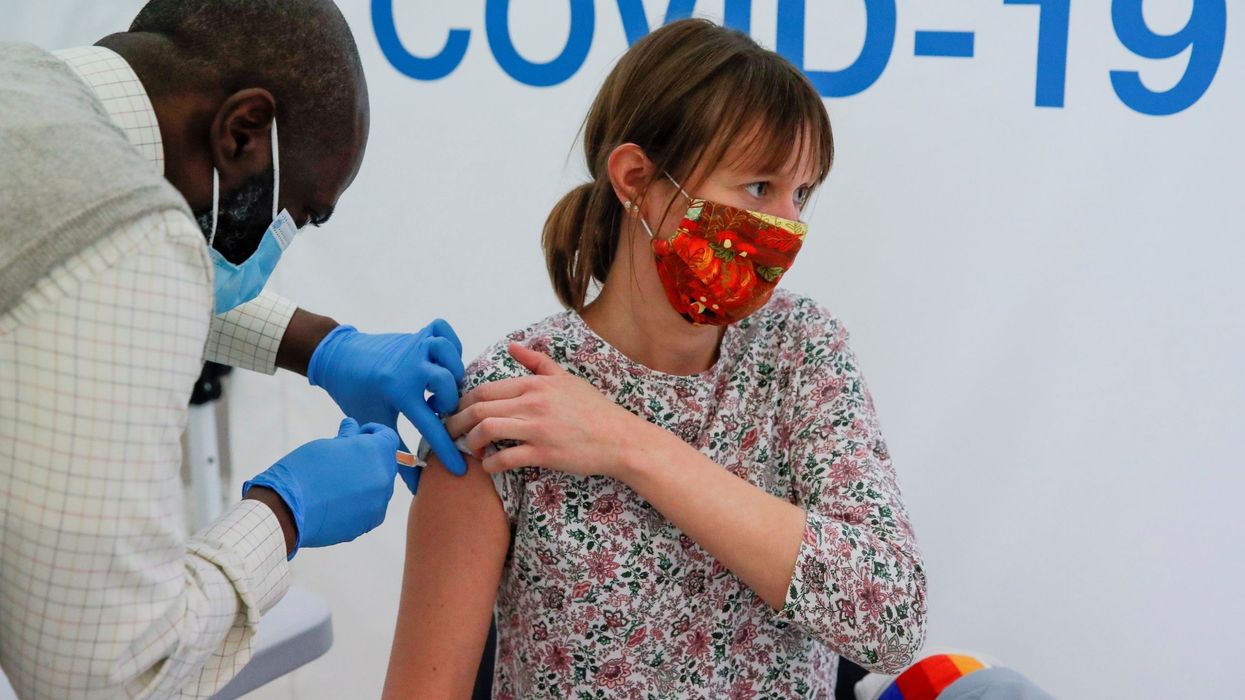Pharmacy bodies highlight the unsung contribution of pharmacists and pharmacy teams during the latest phase of the UK COVID-19 Inquiry
Representatives from the National Pharmacy Association (NPA) and the Royal Pharmaceutical Society (RPS) presented their preliminary evidence to the Inquiry, which is examining the impact of the COVID-19 pandemic on healthcare systems in the UK.
The UK COVID-19 Inquiry began on 28 June 2022 to examine the UK’s preparedness and response to the pandemic, aiming to draw insights for the future. Its investigations are organised into modules, gathering evidence from witnesses, experts and core participants through a series of corresponding hearings throughout each module.
A preliminary Module 3 hearing for its investigation into was held at Dorland House, 121 Westbourne Terrace, London, W2 6BU on Wednesday 10 April at 10.30am.
NPA calls for funding to boost pharmacy resilience
Presenting its evidence before the inquiry, the NPA highlighted the unsung contribution of pharmacies nationwide in combatting COVID-19 and maintaining health services throughout the pandemic while calling for funding to create greater resilience in community pharmacies.
Deirdre Domingo, the legal representative for the NPA, told the Inquiry: “Community pharmacy entered the pandemic facing financial and workforce crises, due to long term underinvestment in the network.
“These issues presented significant challenges for community pharmacy in responding to the pandemic and increased the difficulties in providing services to patients and maintaining staffing levels.
“Even though the pandemic clearly showed that pharmacies are an essential part of health and social care, real term funding cuts have continued, and the independent community pharmacy sector finds itself in a worse situation than at the outset of the pandemic with pharmacies closing at the rate of approximately eight per week.”
In a statement released by the association, Paul Rees, CEO of the NPA, recognised the vital and heroic role played by pharmacies during the pandemic, contributing hugely to the national vaccination programme and keeping healthcare open for millions of people during lockdowns.
“Undoubtedly, they helped save many lives and should be very proud of their actions. We owe them a debt of thanks,” he said.
However, he said that pharmacies are currently facing “a full-scale funding crisis”, leading to the closure of hundreds of pharmacies and placing many more on the verge of closure.
Paul emphasised that pharmacies are “a vital part of our national resilience” against future pandemics, which experts indicate are “highly likely” to occur again.
Therefore, he stressed the need for a “new contract, proper funding and an end of closures” to ensure that “this vital national resource is still in existence when the next
RPS urges the Inquiry to examine five key areas
Domingo also presented to the Inquiry the statement from the RPS, which further outlined the professional concerns it highlighted in a previous session in September.
The professional leadership body for pharmacists requested the Inquiry to consider key issues for the profession, including the impact of medicine shortages on patient care.
Safety at work was one of five key areas that the RPS highlighted that the Inquiry should be examined in the Module 3 hearings.
“Failures to ensure the safety of healthcare workers and pharmacy teams, including through appropriate use of risk assessments and the provision of appropriate and adequate PPE, must be considered,” Domingo told the Inquiry.
The Inquiry was particularly asked to examine the approaches to “testing, contact tracing and self-isolation rules, especially in community pharmacy, including reports of local variation in how rules were interpreted and whether they were appropriate for all healthcare settings, including pharmacies.”
Additionally, the RPS urged the Inquiry to consider recognition of pharmacists as key workers, the resilience of pharmacy services in the event of a future pandemic or health emergency, and eligibility of pharmacists for government life assurance schemes.
RPS President Claire Anderson commented: “Pharmacy teams were central to supporting patient care during the pandemic, providing a lifeline for the public and maintaining vital access to medicines.
“Pharmacy teams showed tremendous dedication in extraordinary circumstances, often at great personal cost.”
“With growing demand on the health service, rising numbers of medicines shortages, and ongoing workforce pressures, there are clear lessons which must be learned so we can help prepare for the future.”
The public hearings for this investigation are scheduled to take place from Monday 9 September to Thursday 28 November 2024.













